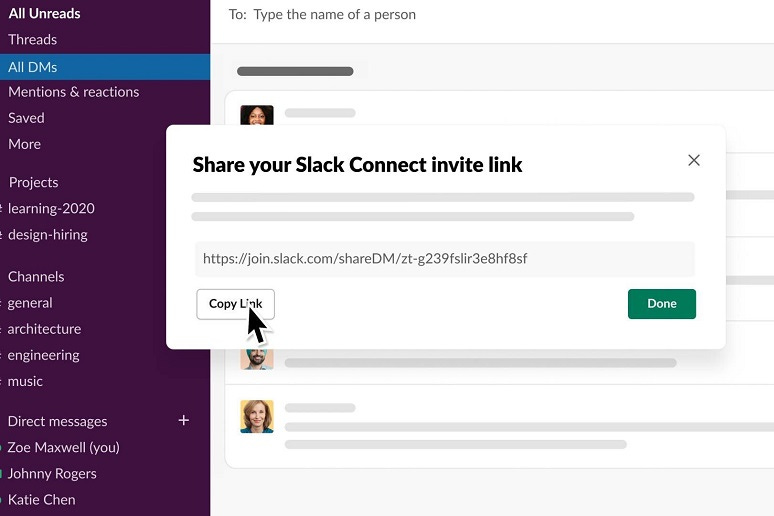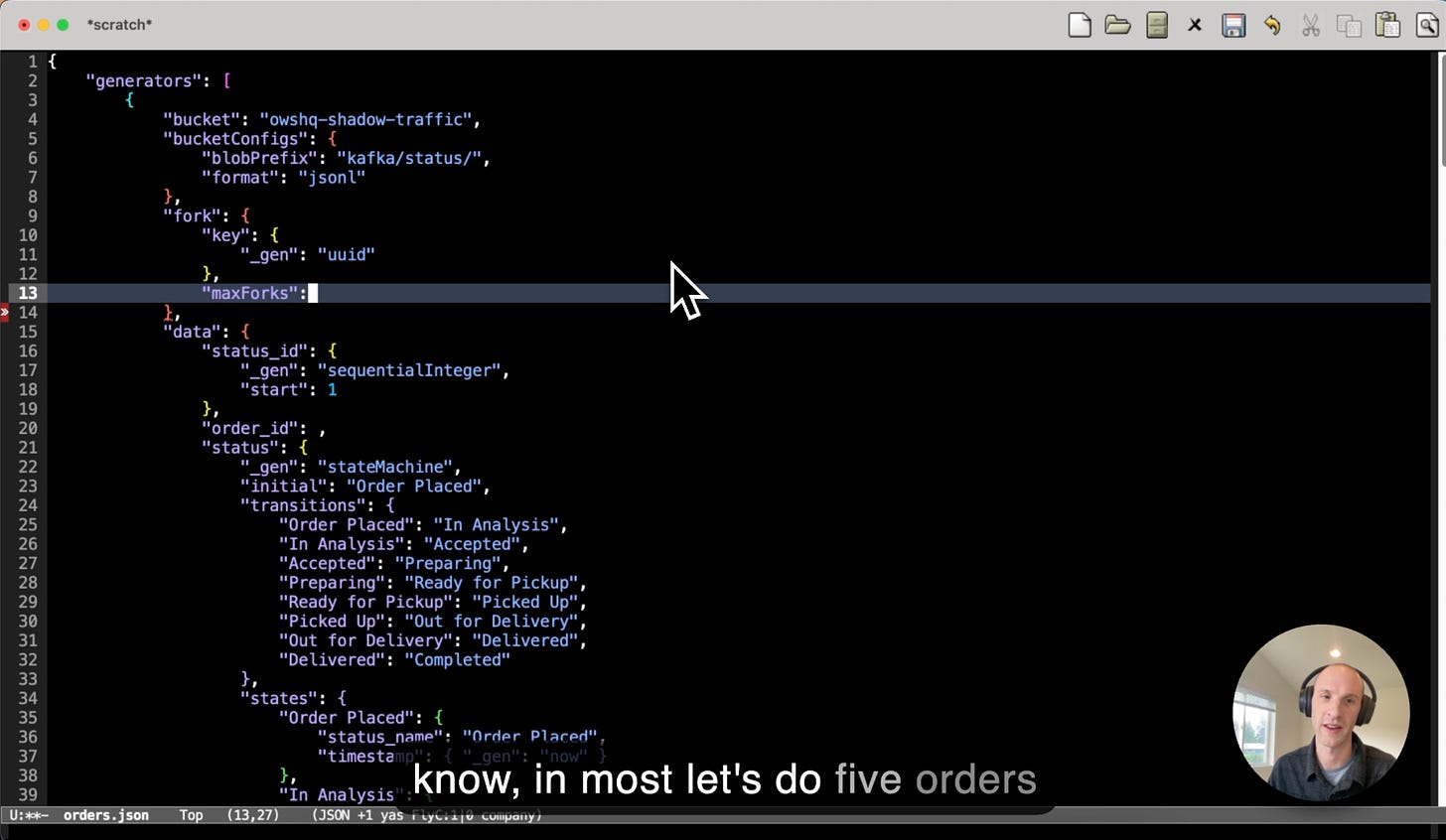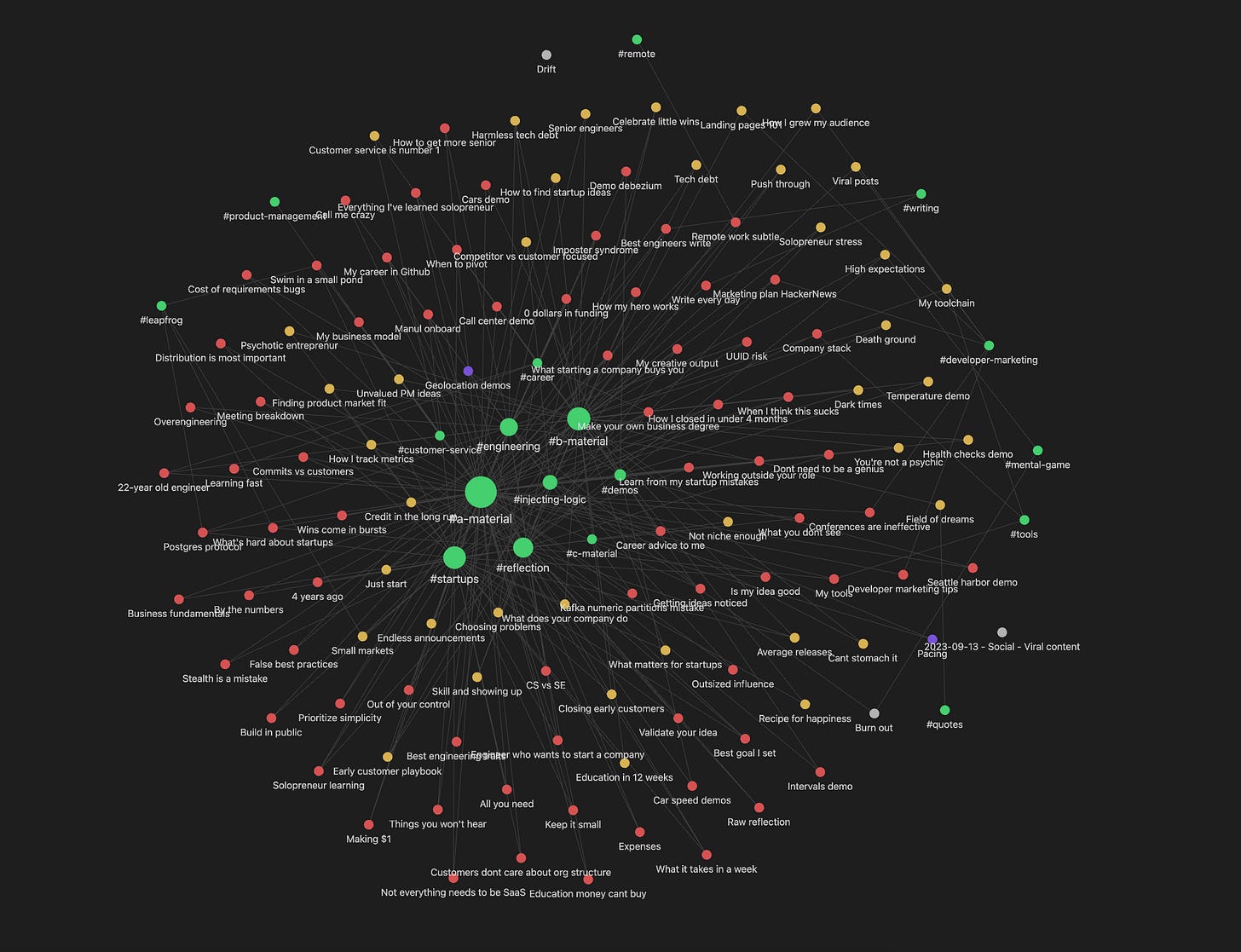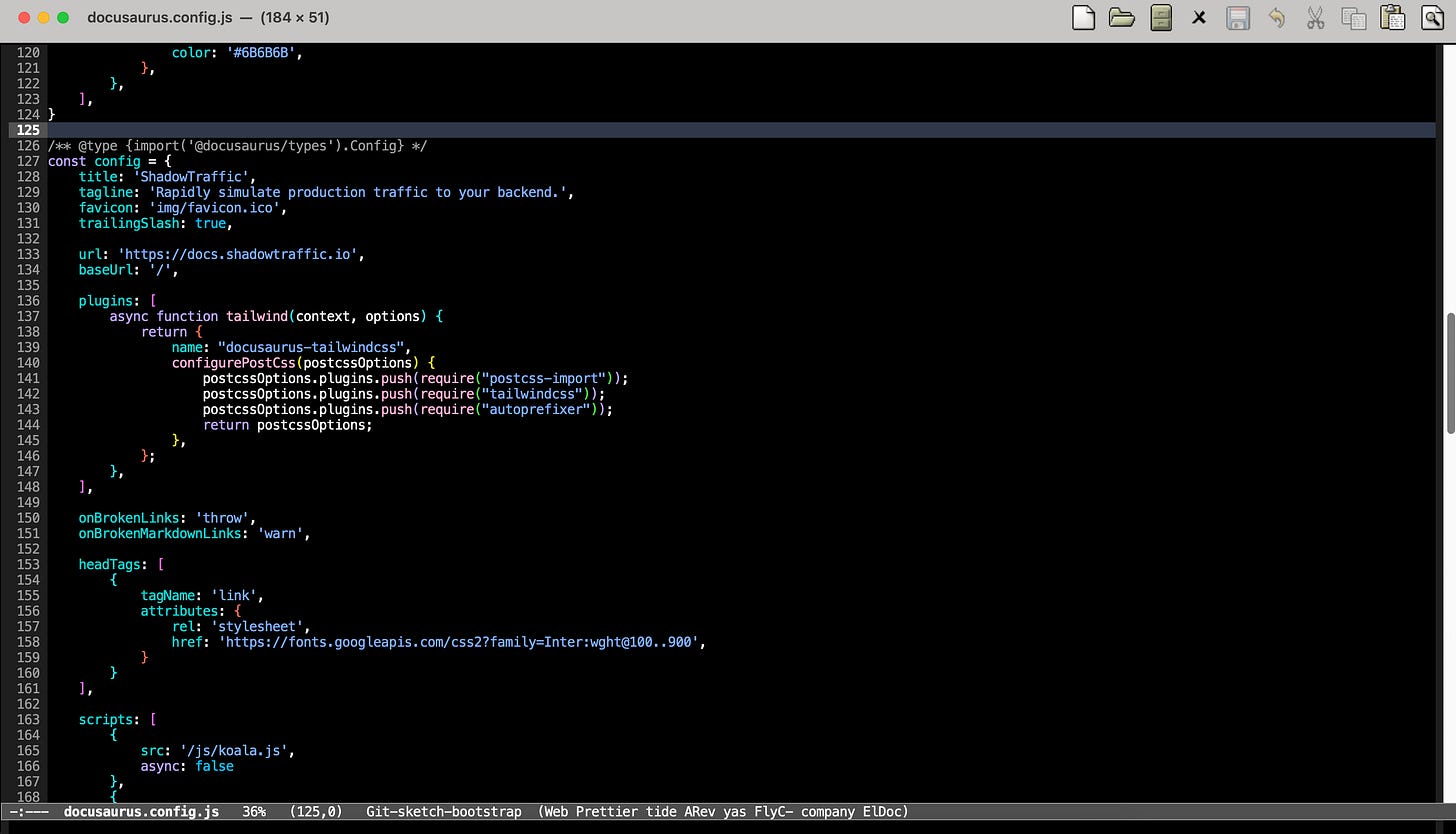My complete business toolchain
I get asked all the time how I run my 1-person B2B company without losing heaps of time to context-switching. So this week I'll walk you through an update on all the critical tools in my toolchain.
(Know of other good tools I should invest in? Drop a line in the comments.)
Customer service
For almost all enterprise customers, I set up a Slack Connect channel that bridges my workplace directly into theirs. Whenever a customer has a question, they can drop it in a Slack channel as if I’m on their team.
What’s nice about this workflow is that it scales on both sides: as I add more customers, my customer service flow remains exactly the same. It’s just another Slack channel.
And as customers expand their use of my product with more team members, they simply add them to the shared channel.
For most technical questions from customers, I answer with links to the docs.
But for anything more nuanced, instead of setting up a meeting, I use Screen Studio to record myself answering their question. I walk through exactly what the customer asks for and show them how it works.
Customers LOVE this because they asynchronously get in-depth help, and I love it too because these videos are quick to record and show a lot of customer commitment. Screen Studio does automatic transcription and zooming so the videos come out polished with virtually no editing.
Sales
For any deals I’m working on, I have a Trello board that tracks accounts by phase: first meeting, started POC, contract sent, and so on.
Each Monday and I review the board and move customers around as needed. I mark accounts in green that are especially active and deserve a few more minutes to think through each week.
For each account, I take notes on how I want to interact with them this week and put them into a daily to do list in Obsidian for the week.
This is incredibly important because it means I never need to second-guess during the week what I need to do to move a sale forward. I thought about it ahead of time and handle whatever’s in front of me for the day.
I keep all my contacts in Obsidian as a sort of simple CRM. I use a file per account and note down all email addresses, LinkedIn profiles, and any critical information we’ve exchanged. That makes it easy to pick up a conversation that’s been dragging for a while.
I have a column in my Trello board for cold pipeline / disqualified deals that I don’t yet do anything with. If anyone has a recommendation on running drip campaigns, I’d love to hear it.
For existing customers, I keep another Trello board that tracks renewals and invoice dates. I use Trello reminders to fire a ping when a card hits a critical timeline (for instance, when an account gets within 90 days of renewal).
Marketing
My marketing flow is a bit simpler since I nearly exclusively do content marketing through LinkedIn.
I use Obisidan to track all content I’ve ever written. Each piece of content gets a file with a few hashtags for things like topic and quality of material.
Keeping all of my content indexed by topic makes it easier to write when I’m creatively dry.
I use LinkedIn’s built-in scheduler to drop my posts exactly when I want them. I usually time it within 5-10 minutes of starting my work day. I like this a lot because it starts the day on a positive, social note.
Engineering
ShadowTraffic is almost 100% written in Clojure and deployed exclusively as a container image available on DockerHub.
I run my website with ClojureScript for markup/scripts, Tailwind for CSS, and shadow-cljs to deploy the entire thing.
I use Porkbun to manage my domain names + SSL.
The docs run on Docusaurus with the same hosting stack. I liberally override components to give it the customized look you see today, most of which is written in straight JavaScript.
Admin
Most everything admin is managed in Google Drive. I keep a folder per account with things like NDAs, contracts, and shared materials. Basic document hygiene stuff.
That’s about all I can think of for now, but let me know if you’re wondering how I run any other part of my business.








"Keeping all of my content indexed by topic makes it easier to write when I’m creatively dry." -- This itself would be a good meta topic to consider writing about. What is it about this tactic that makes it easier to write? What's an example of a post you've written that would have been [harder | unlikely | impossible] without it?
Awesome stack - Slack, Trello, Obsidian, ClosureScript, Screen Studio, Docusaurus
Did you chose Closure cause you previously wok with it?